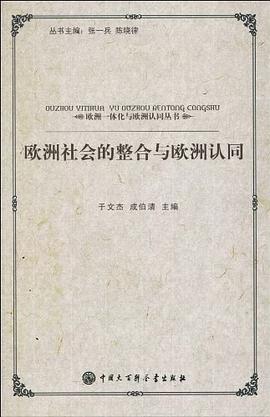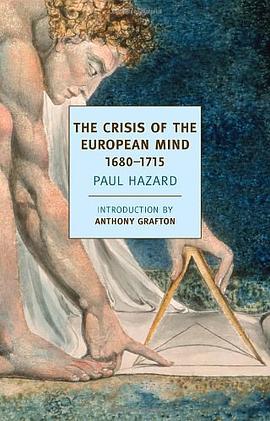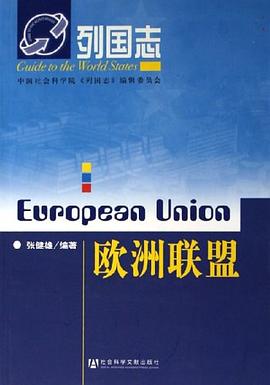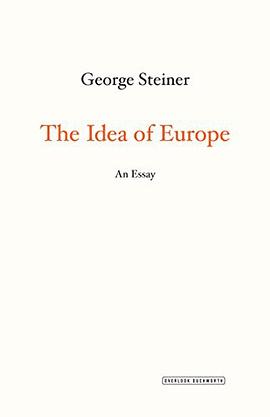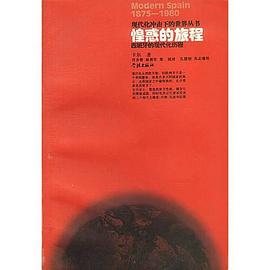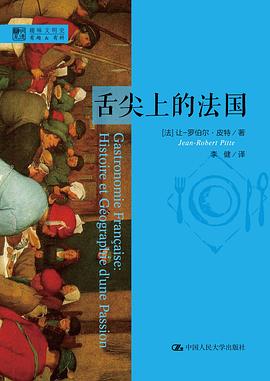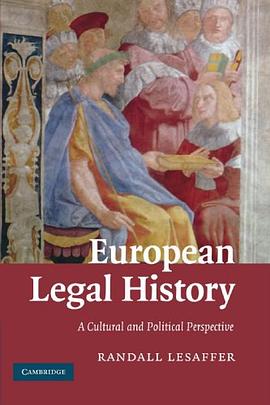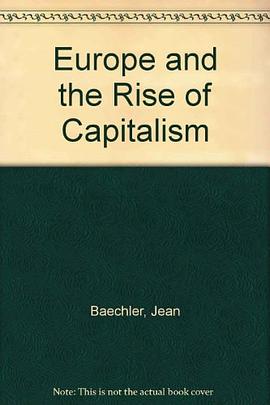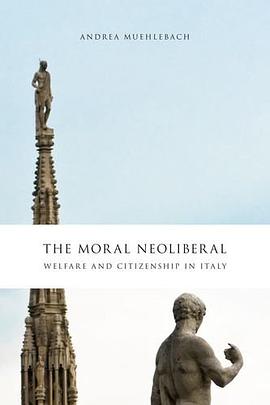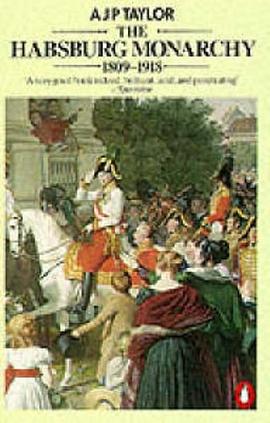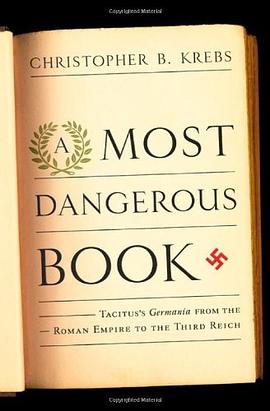

具体描述
The pope wanted it, Montesquieu used it, and the Nazis pilfered an Italian noble's villa to get it: the Germania, by the Roman historian Tacitus, took on a life of its own as both an object and an ideology. When Tacitus wrote a not-very-flattering little book about the ancient Germans in 98 CE, at the height of the Roman Empire, he could not have foreseen that the Nazis would extol it as "a bible," nor that Heinrich Himmler, the engineer of the Holocaust, would vow to resurrect Germany on its grounds. But the Germania inspired—and polarized—readers long before the rise of the Third Reich. In this elegant and captivating history, Christopher B. Krebs, a professor of classics at Harvard University, traces the wide-ranging influence of the Germania over a five-hundred-year span, showing us how an ancient text rose to take its place among the most dangerous books in the world.
作者简介
Editorial Reviews
From Publishers Weekly
Harvard classics professor Krebs writes a scholarly but lucid account of the abuse of history. Written in 98 C.E. by the Roman official Tacitus, About the Origin and Mores of the Germanic Peoples was lost for centuries but resurfaced around 1500 as Germans were growing resentful of foreign domination—in this case from the Catholic Church in Rome. The rediscovered book launched a primitivist myth that captivated admirers over the next 500 years, from Martin Luther to Heinrich Himmler, who loved its portrayal of ancient Germans as freedom-loving warriors, uncultured but honorable, in contrast to decadent Romans. In fact, Tacitus probably never visited Germany, Krebs notes. Rather, using books and travelers' reports, he wrote for a Roman audience who shared his romantic view of northern barbarians. Enthusiastic German readers, culminating in the Nazis, ignored Tacitus's disparaging comments, misread passages to confirm their prejudices, and proclaimed that the ancient historian confirmed their national superiority. This is an inventive analysis of, and warning against, an irresistible human yearning to find written proof of one's ideology. Illus. (May)
(c) Copyright PWxyz, LLC. All rights reserved.
Review
“A razor-sharp, eminently readable reminder of the potency of bad ideas. Christopher Krebs shows how intellectuals through the ages used and abused a Latin classic, Tacitus's Germania, and tells the unnerving story of its final transformation into a Nazi 'bible'. Fascinating stuff.” (Anthony Everitt , author of Hadrian and the Triumph of Rome )
“A most exciting book! In Krebs’ hands, the story of the Germania manuscript becomes part thriller, part detective story.... A must-read for anyone interested in the pernicious power of the ideas of antiquity—and a timely reminder of the responsibilities placed on readers as well as writers.” (Tim Rood, University of Oxford, author of American Anabasis )
“A fascinating story of how a book could be used and—especially—abused over two thousand years, as enemies saw it as presenting Germans as brutish and barbarian, while German nationalistic pride extracted a quite different message of a nation that was simple, virtuous, and pure.... beautifully told by Christopher Krebs.” (Christopher Pelling, editor of Greek Tragedy and the Historian )
目录信息
读后感
克里斯托弗•克里布斯是一位古典学副教授,他用严谨而生动的文献学功夫,写了一《一本最危险的书》。想到“危险的书”,你会想到什么呢?是希特勒《我的奋斗》吗?或是日本的《国民训》?我倒是想起一本书:塞林格《麦田里的守望者》。 1980年12月8日,查普曼坐在马路边安静...
评分翻译毁了一本好书,读起来十分难受。太多括号,破折号和引用。这个翻译堪比机翻,谷歌翻译都比这个优秀。不知道北京联合的版本是不是和这个一样。神tm翻译神tm翻译神tm翻译神tm翻译神tm翻译神tm翻译神tm翻译神tm翻译神tm翻译神tm翻译神tm翻译神tm翻译神tm翻译神tm翻译神tm翻译
评分这是关于日耳曼民族“我们是谁”、“我们何时起源”、“我们如何成长”、“我们将往何处”的阐释,这样的工具和概念框架形成了日耳曼民族的民族性,我们向来喜欢妖魔化民族主义,觉得这是不安和动乱的来源,但民族主义(民族性的成熟)是自治原则和民主原则在西方的根源之一,...
评分当纳粹士兵高举《我的奋斗》横行欧洲之时,有多少人知道这群疯狂的士兵身上竟然有罗马帝国史家塔西佗的影子。 有“暴君之敌,共和之友”之称的塔西佗于公元1世纪完成《日耳曼尼亚志》,旨在讽刺和告诫日益堕落的罗马人保持淳朴。但很不幸,他的读者充耳不闻,罗马帝国不可避免...
评分翻译毁了一本好书,读起来十分难受。太多括号,破折号和引用。这个翻译堪比机翻,谷歌翻译都比这个优秀。不知道北京联合的版本是不是和这个一样。神tm翻译神tm翻译神tm翻译神tm翻译神tm翻译神tm翻译神tm翻译神tm翻译神tm翻译神tm翻译神tm翻译神tm翻译神tm翻译神tm翻译神tm翻译
用户评价
重读
评分作为一份特定文本的传播/文化/思想史还是挺有意思的,但是整个thesis感觉没有argue得特别好,而更多是按时间顺序堆砌塔西陀的文本在不同作者笔下或中心或边缘的存在,作者所说的依照斯金纳式的治思想史思路则很难看到,甚至有点反其道而行的样子。。。
评分重读
评分重读
评分作为一份特定文本的传播/文化/思想史还是挺有意思的,但是整个thesis感觉没有argue得特别好,而更多是按时间顺序堆砌塔西陀的文本在不同作者笔下或中心或边缘的存在,作者所说的依照斯金纳式的治思想史思路则很难看到,甚至有点反其道而行的样子。。。
相关图书
本站所有内容均为互联网搜索引擎提供的公开搜索信息,本站不存储任何数据与内容,任何内容与数据均与本站无关,如有需要请联系相关搜索引擎包括但不限于百度,google,bing,sogou 等
© 2025 book.quotespace.org All Rights Reserved. 小美书屋 版权所有

